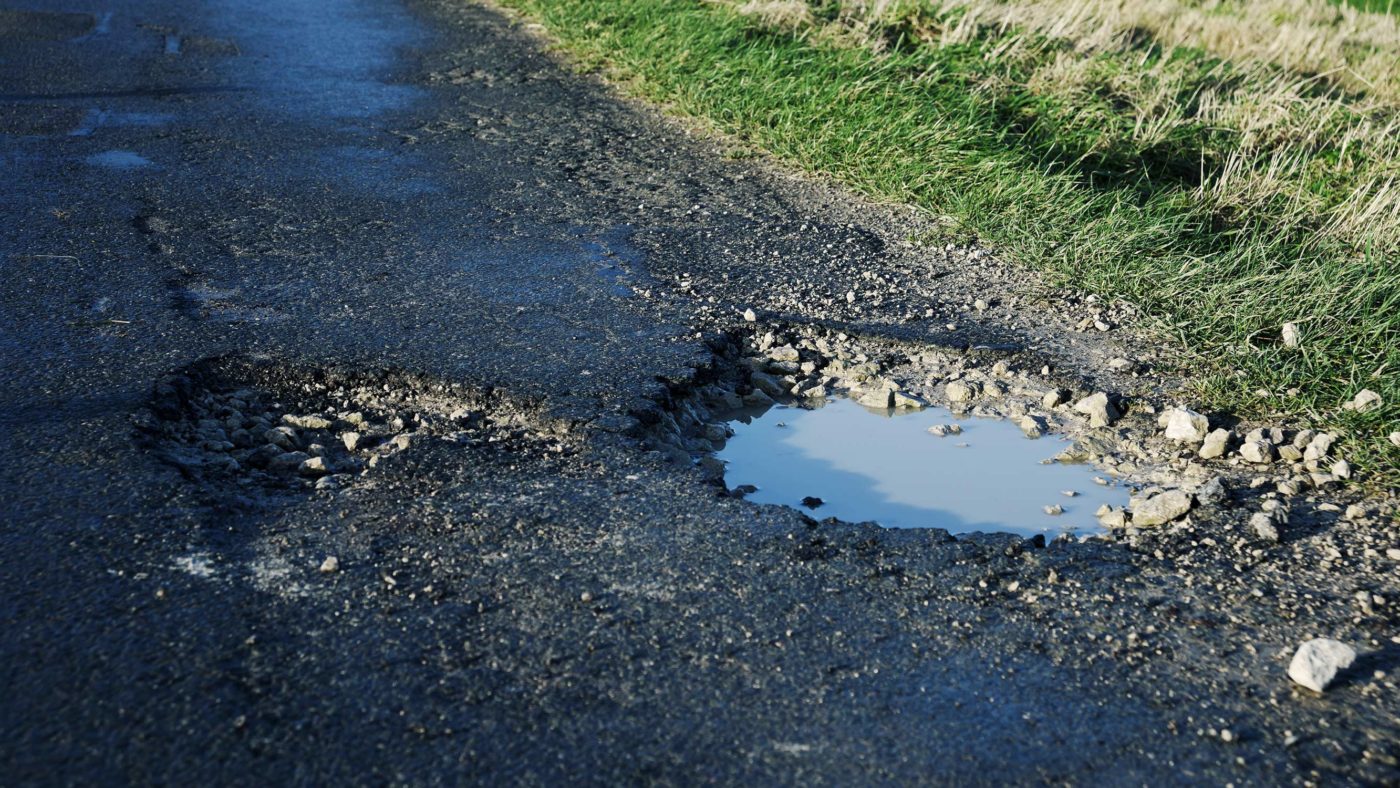Whenever there’s a by-election the media demands politicians tell us precisely what the result “means”. When the result in question has been a Lib Dem victory, as happened last week in Chesham and Amersham, these attempts to discern significance are especially futile. That is because of the ingenuity of the Lib Dems in positioning themselves as a receptacle for any and all grievances. Whatever you are angry about they will urge you to make your protest by voting for them. You will be soothingly reminded that no harm can come of it – the Government will not fall, it is only a by-election after all…
As for the commentators pontificating about it all, how many doors do they knock on? Not many, I’d wager. Meanwhile, the downtrodden politicians trudge the streets, forlornly balancing an umbrella with a clipboard holding increasingly soggy sheets of paper with the list of names of those they are instructed to call on. Who then won’t answer the door.
To fill the void where local legwork should be, columnists will declare that “the message from Chesham and Amersham is…”, well, whatever the columnist happens to think should be done. To surrender to the Nimbys – or confront the Nimbys. To cut public spending or increase public spending. To lift the coronavirus restrictions or toughen them up and extend them. To embrace net zero or abandon it. Their editors won’t mind providing the message is emphatic and about some current issue of great controversy.
I will let you into a secret. According to canvassers I have spoken to in both Chesham and Amersham and Batley and Spen the hot topic in both constituencies is that classic of local politics – potholes. Not the kind of topic to fire up a morning editorial conference or rally the troops at a party conference, but the kind of everyday problem that drives voters quietly up the wall.
Likewise, it’s hard to imagine many of our political leaders, preoccupied as many are with their “legacy”, being persuaded to abandon grand infrastructure projects and focus on filling in the roads. But in their passion for the mundane, the voters are often right.
For another example, just look at the NHS. Boris Johnson has made a bold, headline-grabbing, pledge to build 40 new hospitals. Yet upgrading GPs surgeries surely would be more cost-effective in easing pressure on the health service, as over a third of patients who attend A&E do so for non-urgent, minor injuries that could be treated elsewhere. Remember too that a visit to A&E costs the taxpayer far more than a visit to a GP.
As far as potholes are concerned, research by Kwik-Fit puts the cost to motorists of repairing pothole damage to their vehicles at £1.25 billion a year. One in five mechanical failures in cars on UK roads is caused by them. For cyclists, there is a considerable risk of physical injury. Nor should we discount the psychological effect of seeing roads in your local area in a state of constant disrepair.
Naturally, the Government claims to be taking the problem seriously. The Chancellor of Exchequer announced a £2.5 billion Potholes Fund in last year’s Budget. There was also good news earlier this year that JCB has produced a machine that can fix potholes four times faster than existing methods and at half the cost, so perhaps the situation may improve in the future. But in recent years it has been getting worse. In April the RAC declared that “many of the UK’s roads look like the surface of the moon” after a record rise in the number of pothole-related breakdowns the company has dealt with.
Politicians do try to avoid being too contemptuous of humdrum electoral concerns. Harold Wilson used to keep a list of “little things that mean a lot”. Similarly, in the 2005 General Election, then Tory leader Michael Howard had a nice line about Tony Blair’s messianic approach to politics. “Most people don’t actually want a date with destiny,” declared Howard. “They just want a date with a dentist.” Not the happiest example, perhaps, as Labour were duly returned with a third election victory, but Howard’s instincts were right nevertheless.
This is not to say that big ideas should be abandoned or radical policies scorned. John Major was mocked for his proposed “cones hotline” to reduce road closures, in part because it seemed so risible in comparison to the transformational reforms of the Thatcher era. But it is easier to get a sympathetic hearing for ambitious future plans if a basic level of competence is being shown regarding existing everyday concerns.
To return to the recent by-election, ignore the pundits telling you the result means one thing or the other. Doorstep electioneering does not usually produce one “message” but hundreds of them. Frequently contradictory, often bizarre, invariably different to what they are being told they should be saying. Often politicians find these encounters entertaining, sometimes inspiring, sometimes disturbing. For all that knocking on doors is a salutary activity for our elected representatives. Perhaps the commentators should try it sometime.
Click here to subscribe to our daily briefing – the best pieces from CapX and across the web.
CapX depends on the generosity of its readers. If you value what we do, please consider making a donation.


